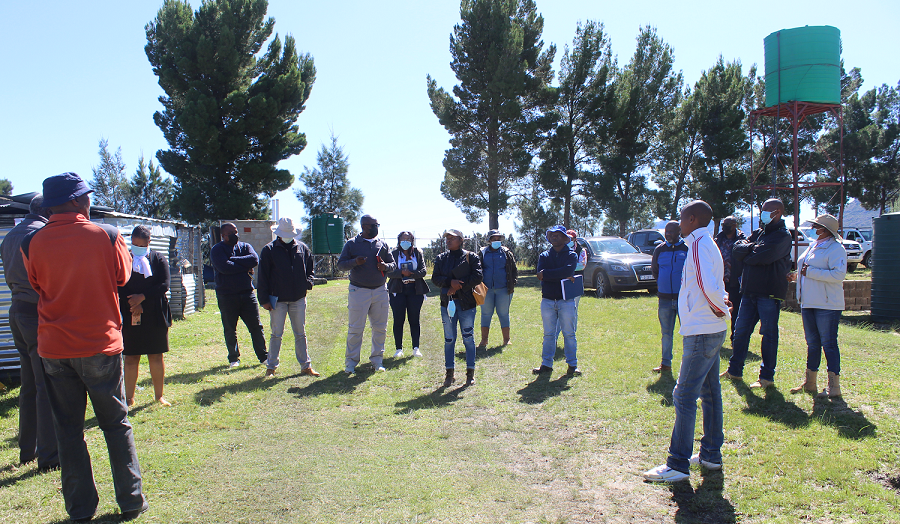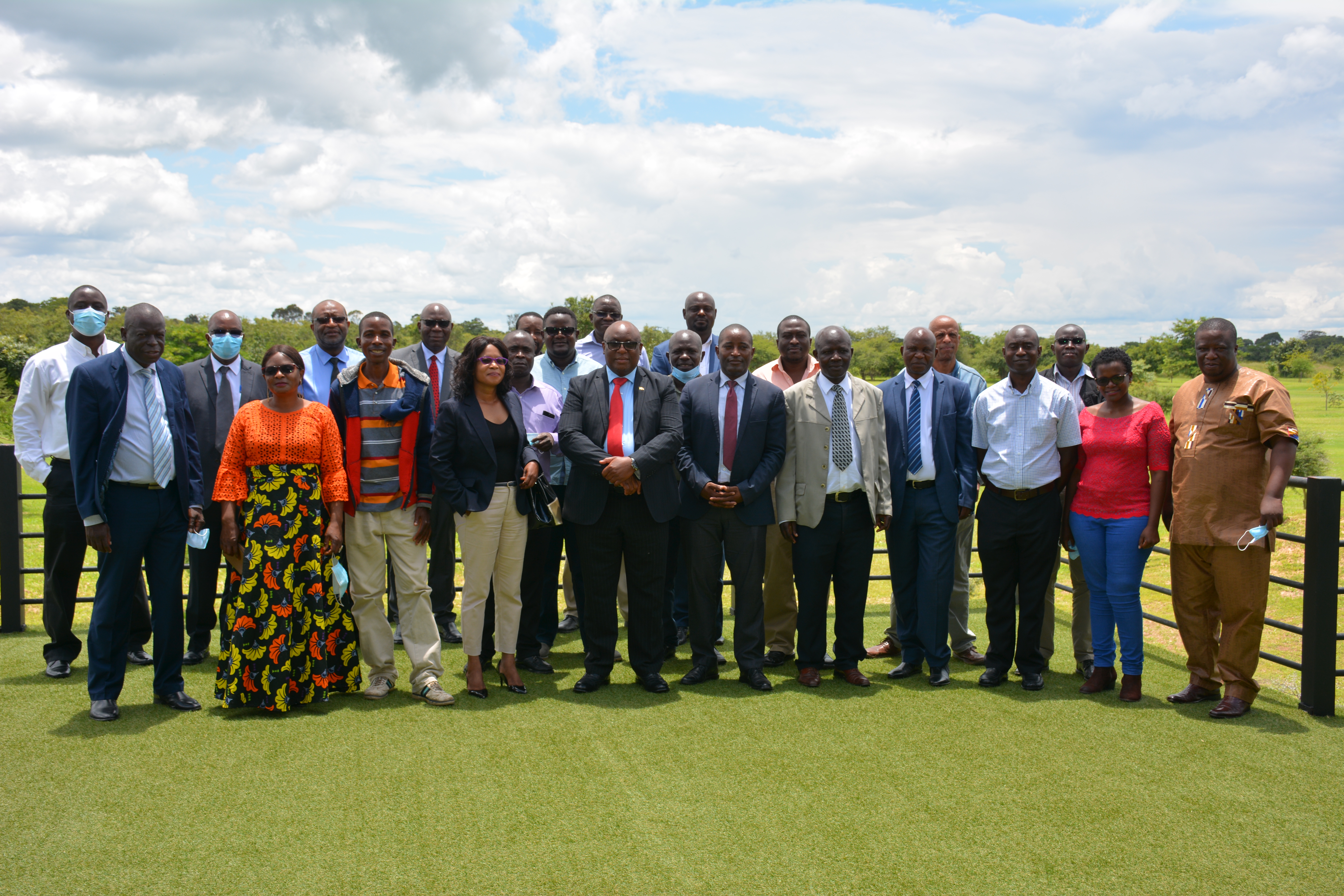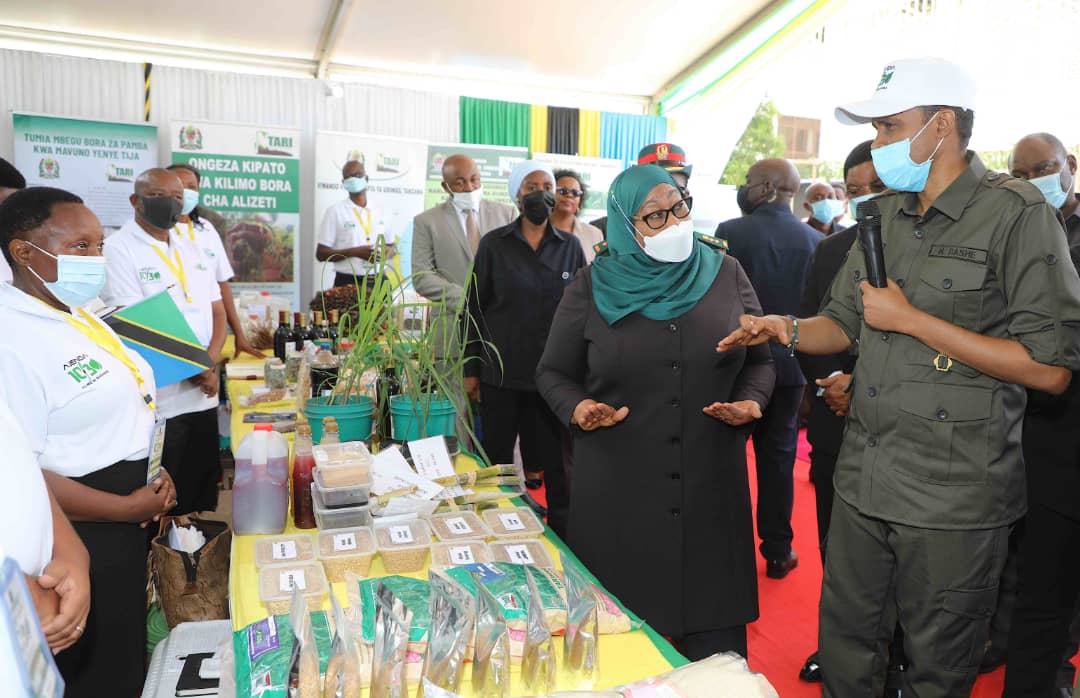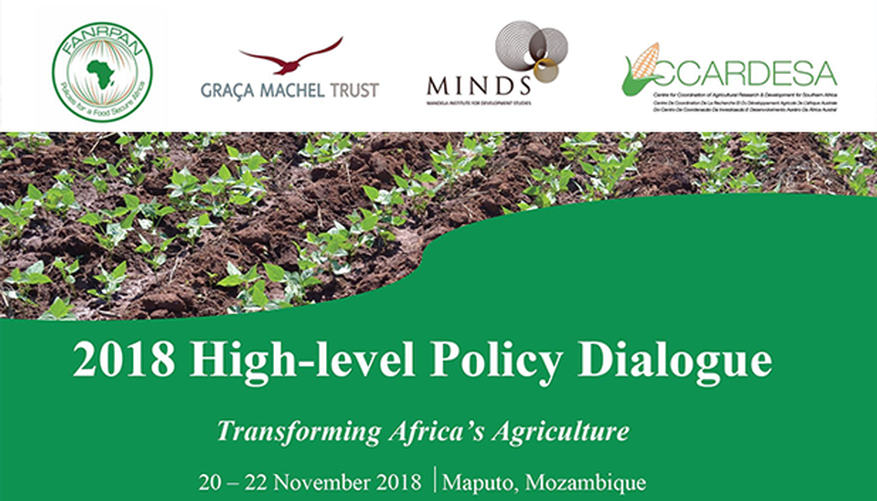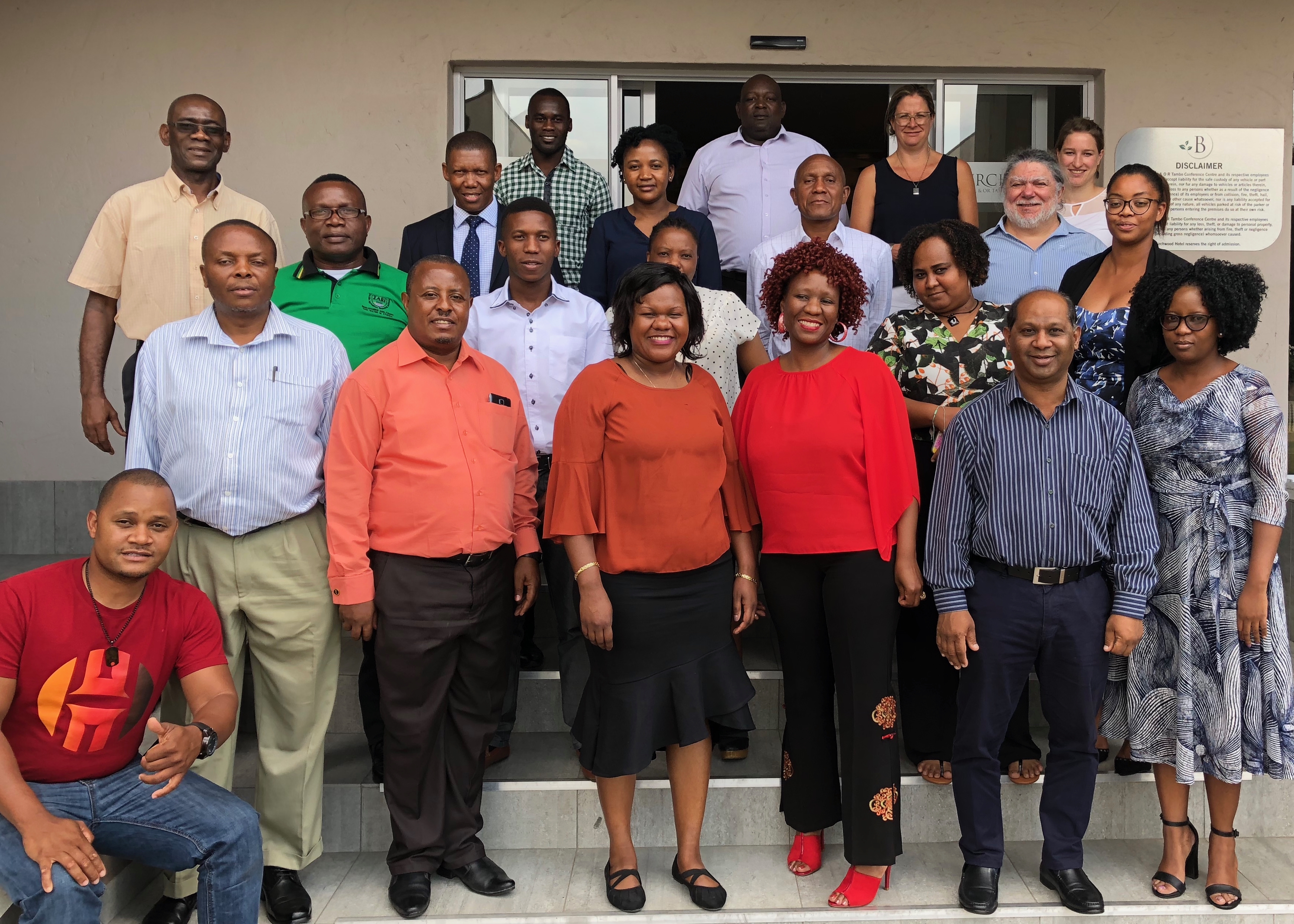Description/Abstract
Crop yields in Sub-Saharan Africa (SSA) are typically less than half of yields in the developed world. With growing populations, and with climate change already beginning to put downward pressure on crop yields, intervention is urgently needed to enable farmers in SSA to produce more food. A key first step is to ensure that farmers have greater, and more reliable, access to high-quality seed of the modern varieties of climate smart crops that will best equip them to both feed themselves and produce food for barter or sale.
In many cases, breeding work for new varieties has been done. Farmers, however, are unaware of the new varieties, or seed of these varieties is not reaching them at meaningful levels. As a result, potential farmer yield and overall production levels for the target crops are not realised. The opportunity cost associated with this is significant and, without intervention, will grow as the effects of climate change increase.
Citation
Agri Experience. 2016. Reaching More Farmers with High Quality Seed for Drought Tolerant Crops. Vuna Research Report. Pretoria: Vuna. Online: http://www.vuna-africa.com


